By Emmaline Ellis, Alex Lampp Berglund, and Meghan Valerio, on behalf of the CLA Student Committee
All of us (Emmaline, Alex, and Meghan) are members of the Children’s Literature Assembly Student Committee, and we each bring a variety of experiences as classroom teachers, reading specialists, and teacher educators. In our different contexts, we have witnessed the ways literacy curriculum and praxis have privileged certain voices, while both intentionally and unintentionally silencing and, at times, even harming others. These experiences, coupled with continued historically heated debates on racism, gender equality, immigrant acceptance, (dis)ability rights, and LGBTQ+ activism, led us to plan our second annual CLA Student Committee webinar, entitled “Inclusivity in Curriculum and Pedagogy.” The goal of this webinar was to provide a space for literacy scholars to share their inclusive research and pedagogy and for participants to unpack their own experiences with inclusivity in educational spaces. In this post, we highlight many of the resources and pedagogical practices shared by the panelists, Dr. Desireé Cueto, Dr. Sara Sterner, Dr. Megan Van Deventer, and Dr. Kelly Wissman, that we hope you can implement in your own teaching. CLA Members can access a video recording of the webinar within the members-only portion of the CLA website.
Resources for Fostering InclusivityInspired by the transformative work of the presenters, we have compiled a list of resources that were shared by the panelists that have helped us form our own understandings of inclusivity and foster community in our own inclusive educational spaces in a variety of ways. These resources include educational course texts, children’s and young adult literature titles, authors, podcasts, and online tools and sites. RESOURCE FOLDER
Course texts
ELEMENTARY/CHILDREN'S LITERATURE
middle school/young adult literature
Authors
online resources
Emmaline Ellis is a PhD Student in the Literacy and Learners program at Temple University. She is a member of CLA’s Student Committee. Alex Lampp Berglund is a PhD Candidate in the Department of Language and Literacy Education at the University of Georgia. She is chair of CLA’s Student Committee. Meghan Valerio is a PhD Candidate in Curriculum and Instruction with a Literacy Emphasis at Kent State University. Meghan’s research interests include investigating literacy from a critical literacy perspective, centering students and curricula to understand reading as a transactional process, and exploring pre- and in-service teacher perspectives in order to enhance literacy instructional practices and experiences. She is a CLA Student Committee member. Comments are closed.
|
Authors:
|
CLA
About CLA
|
Journal of Children's Literature
Write for JCL
|
ResourcesCLA-sponsored NCTE Position Statements
|
Members-Only Content
CLA Video Library
|
© COPYRIGHT 2018.
ALL RIGHTS RESERVED |

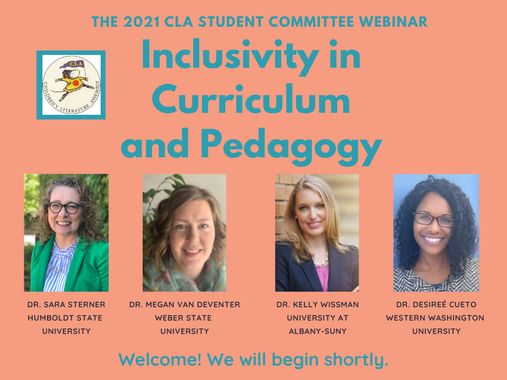
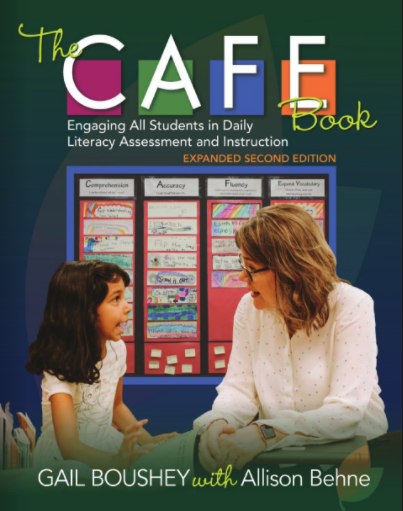
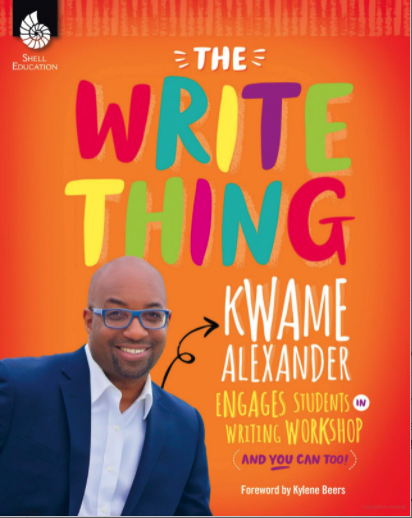
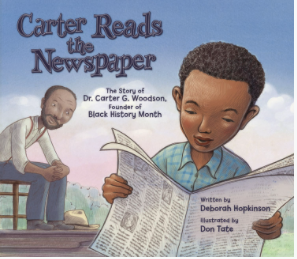
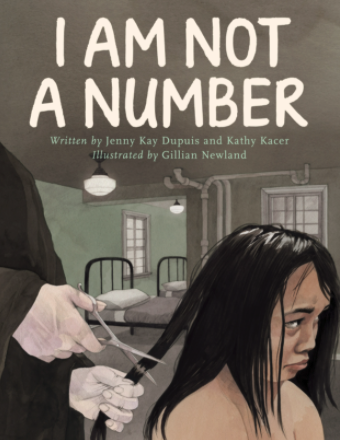
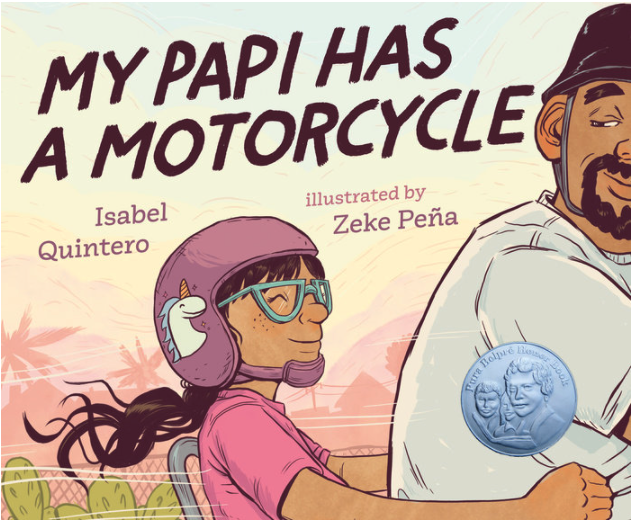
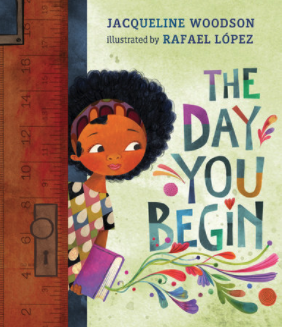
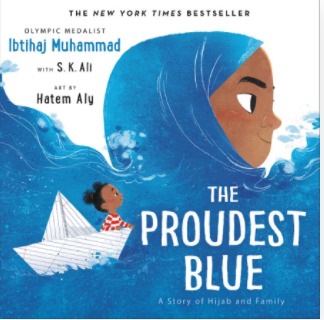
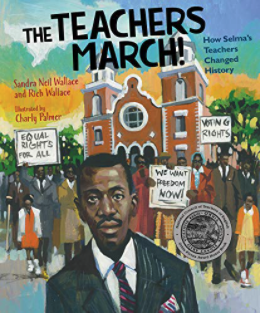
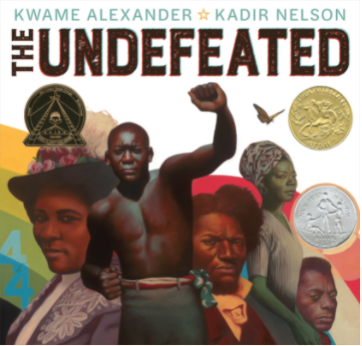
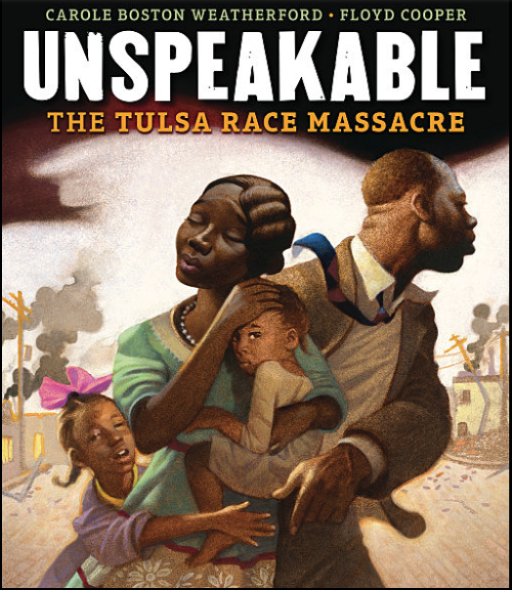
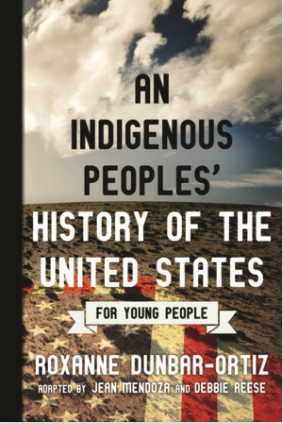
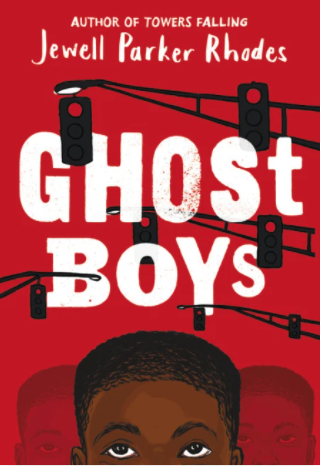
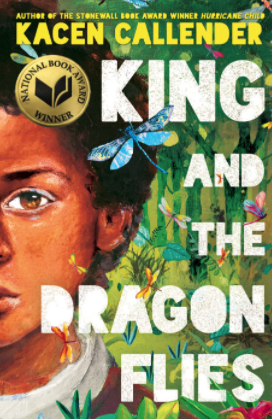
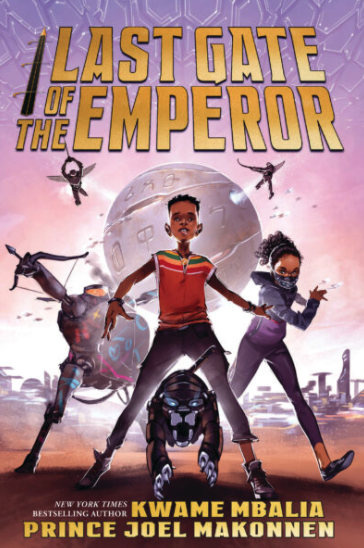
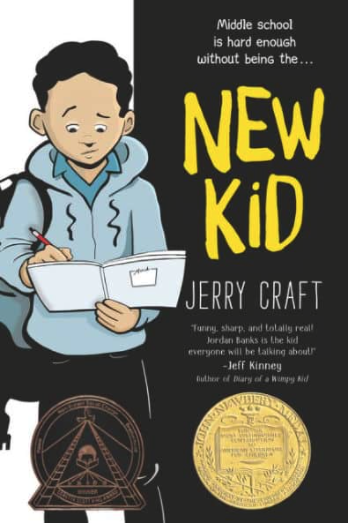
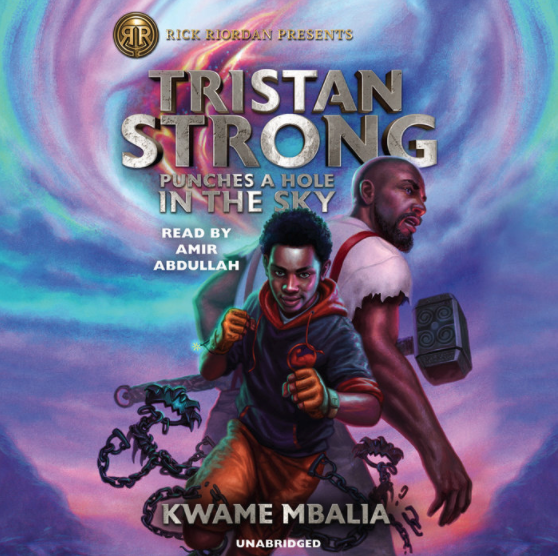
 RSS Feed
RSS Feed